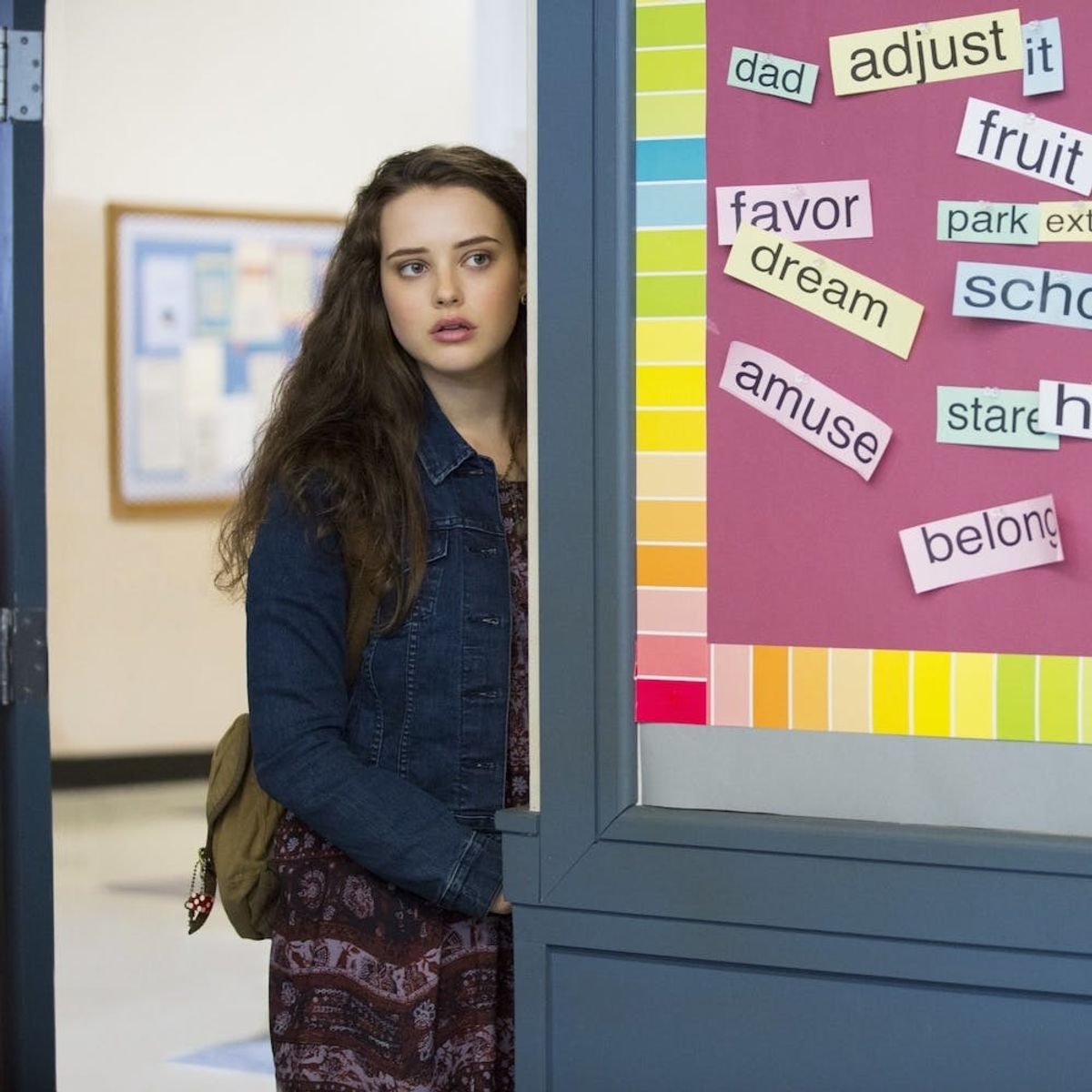The streaming network is also working to provide better support to fans of the show and their families.
Netflix Has Released a Study on the Effects of Their Hit Show ’13 Reasons Why’ and How We Relate to It

Since premiering last year, Netflix’s teen drama 13 Reasons Why has created as much conversation around mental health, bullying, suicide prevention, and rape as it has created fans of the show. And like most popular media that focuses on heady topics, the show received backlash for its potentially triggering content.

In light of the backlash, Netflix tasked Northwestern University’s Center on Media and Human Development with a study on whether, and how, the show helped form a better dialogue between teens and their parents. The study’s findings have helped reshape what the hit show’s second season will look for fans.
Over 80 percent of the teens involved in the study said that they felt that the subject matter was relatable to them or their peers, with a further 72 percent telling researchers that they felt it was an important show for young people to watch. The young respondents to the study also said that watching 13 Reasons Why helped them understand that signs of depression aren’t always visible, and that their actions definitely do have an effect on those around them.
Surprisingly, the parents studied said that watching the show made it easier for them to speak to their kids about some of the bigger themes such as suicide and abuse, and 70 percent of the parents questioned asked for more information and resources to help bridge the communication gap between generations.
Netflix has created a disclaimer that will run before each episode of the show, along with a new website with resources for both young people and caregivers to help provide potentially life-saving information.
“13 Reasons Why is a fictional series that tackles tough, real-world issues,” Justin Prentice says in the disclaimer, “taking a look at sexual assault, substance abuse, suicide and more.”
“By shining a light on these difficult topics, we hope our show can help viewers start a conversation,” says Katherine Langford.
“But,” adds Alicia Boe, “if you are struggling with these issues yourself, this series may not be right for you, or you may want to watch it with a trusted adult.”
“If you ever feel that you need someone to talk with,” says Dylan Monette, “reach out to a parent, a friend, a school counselor or an adult you trust, call a local hotline or go to 13reasonswhy.info.”
Netflix’s new 13 Reasons Why companion website has links to a number of resources for people struggling with addiction, mental health issues, bullying, or suicidal thoughts.
“We’ve been personally inspired by the stories viewers have shared after watching the show and are humbled to share some of these stories with the world,” Netflix’s VP of Original Series Brian Wright said in a post announcing the streamer’s new plans.
“The hope is that the steps we’re taking now will help support more meaningful conversations as Season 2 rolls out later this year. We’ve seen in our research that teens took positive action after watching the series, and now – more than ever – we are seeing the power and compassion of this generation advocating on behalf of themselves and their peers.”
What do you think of Netflix’s actions around 13 Reasons Why? Let us know @BritandCo!
(photos via Netflix)













